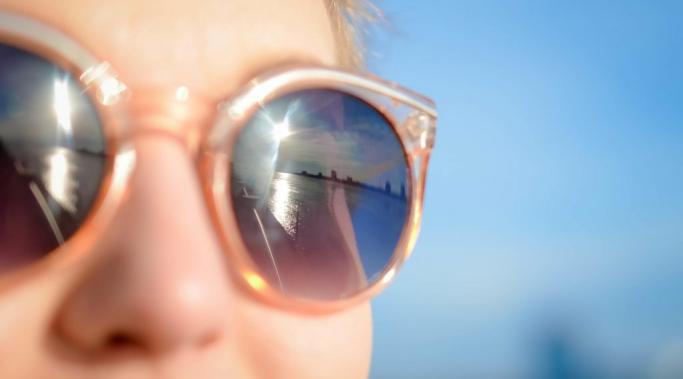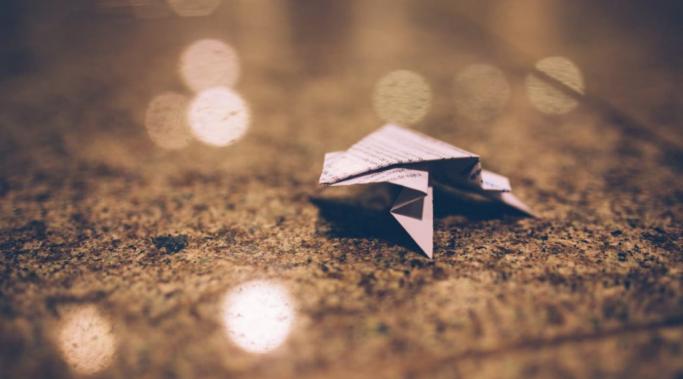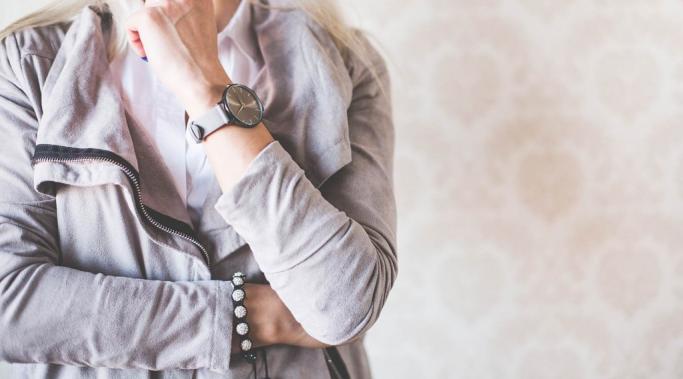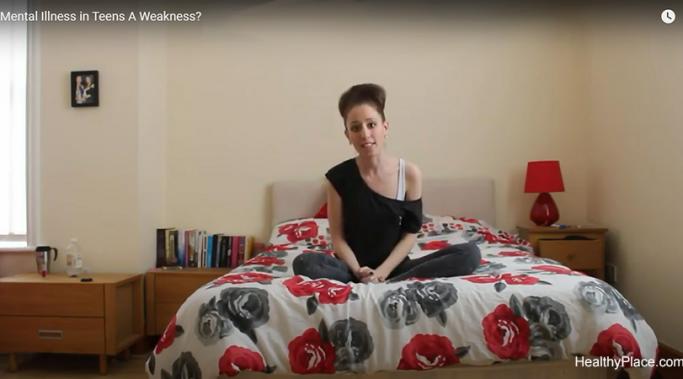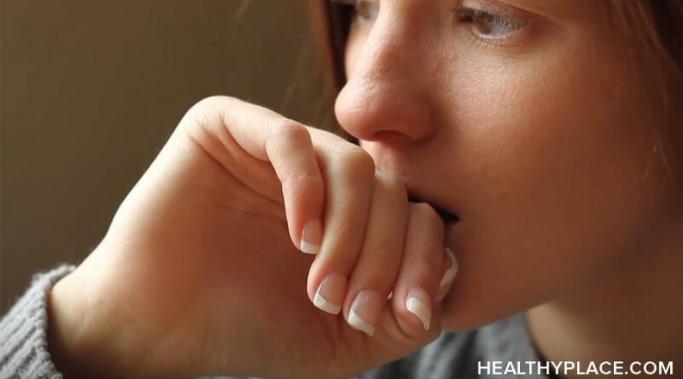I travel with depression at least three times a year, and most of the time I find myself on solo trips. Whether I am traveling for work or vacation, it seems like my depression never takes a respite. Instead of seeing this as a weakness that prevents me from traveling internationally, I try to work around it with a few techniques I've learned over the years. I have learned to travel and vacation with depression.
Uncategorized
Even if you consider yourself a happy person you may be susceptible to holiday depression. Do you find yourself obsessing over pictures on social media of people surrounded by smiling family members, wishing you had another life? Do the holidays make you feel isolated from the rest of the world? You are not alone (Seasonal Affective Disorder (SAD) Symptoms – Who’s At Risk). Read on to learn about holiday depression.
A panic attack is an intense physical and emotional reaction, often to non-threatening stimuli. Panic attacks are common in those with anxiety. There are many panic attack triggers, but they are not always consistent. I've had panic attacks both at home and at the grocery store. Understanding triggers for panic attacks makes them less scary.
Finding the right therapist in tough times can be challenging. Making the decision to go to therapy is often one of the first steps people take on the road to recovery from mental illness. Mental health therapy offers a wealth of helpful resources that can help you cope with depression, anxiety, or even situational issues like grief. Understanding what to look for in a therapist with these three tips will help you find the right therapist for you.
The definition of mental illness recovery is a “return to a normal state of health, mind or strength. To regain possession or control of something stolen or lost.” For me, and for others suffering with a mental illness, the loosely named "recovery" is the ultimate goal. To integrate back into normality, to regain the possession of broken faculties, to retrieve the logical mind that has somehow been lost. That is mental illness recovery.
Time after time I told myself I was going to change. Today was the day. All I had to do was make different choices. Choose to be normal. Choose to fit in. Choose to be strong. It was as simple and easy as making the right choice. But I couldn’t do it. Did having a mental illness make me weak?
Growing up is difficult. It is unstoppable, beautiful, ugly, painful and hard. It is full of examinations, zits, hormones, bad hair days and unrequited crushes. Awkward first dates, sloppy first kisses and neon pink eyeshadow that really does not look good with those red skyscraper shoes. But throw a mental illness and a desire to date into the mix and growing up can be torturous.
I grew up in a household that threw around words like "accountability" and "free agency" right along with "dinner time" and "brush your teeth". I was constantly told that I had the right to make my own decisions and my own mistakes. Because that was what God wanted; that was why I was alive -- to make my own choices, be my own person and to ultimately end up dwelling in eternal, celestial bliss.
Because that was the fine-print, the unspoken stipulations: they were the loop-holes. I could make my own elections – provided they were correct. I could be my own person -- on the condition that I was the right one. And I could live however I wanted, as long as I followed all of the rules and abandoned my individual self-confidence.
In my experience, I have found that the diagnosis of a mental disorder can be almost as difficult to deal with as the illness itself. In fact, it can be enough to throw your whole life off kilter and send you spiraling down into the blackest abyss – scrabbling at mass segments of misplaced sanity and reason. Or at least, that’s how it was for me.
Being diagnosed with anorexia as a teen -- 13 -- evoked a conflicting quantity of emotions. I was hit with a sense of surrealism, fear, confusion and even a barely formed hint of masochistic pride. Because the verdict literally happened overnight, one moment I was a young, active and apparently healthy teenage girl – and the next I was anything but. I was anorexic -- malnourished, insensible and broken. I was a pariah.
My name is Hannah Crowley, and I was first diagnosed with anorexia nervosa in 2003 when I was just 13 years old. I was a young, sheltered, over-achiever with absolutely no concrete idea of what my diagnosis meant. Weren’t anorexics all just stick-thin models who were far too vain for their own good? Because that’s what I had heard, somewhere. That’s what the papers told me. That’s what my parents said. That’s what I read in the pages of magazines I had hidden covertly between the covers of English classics. Bronte, Dickens and Austin. Anorexia was stupidity. It was a sin. I should probably just eat, get over myself, and grow up. Right? Wrong.
